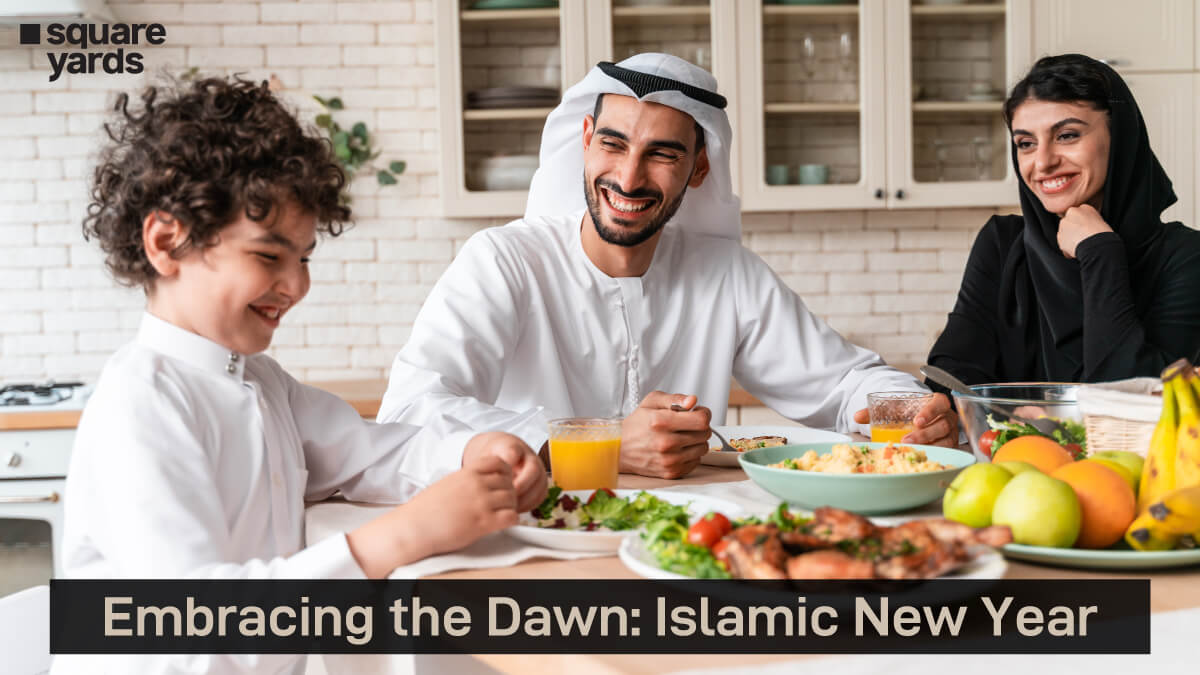Islamic New Year, also known as Muharram or Hijri New Year, marks the beginning of the Islamic lunar calendar. It observes the migration of Prophet Muhammad. The commemoration was from Mecca to Medina and occurred in 622 CE. The Islamic calendar consists of 12 months and follows a lunar system. Every month lasts for 29 or 30 days. The first month of the Islamic calendar is Muharram. New Year’s Day also falls on the first day of this month.
The Islamic New Year is not celebrated in fancy, elaborate festivities or grand ceremonies. Instead, it is a time for gratitude, reflection, and remembrance. Muslims attend special prayers at the mosque. They seek blessings for the coming year and reflect upon their spiritual journey. The observance of the Islamic New Year varies across different regions and cultures, with some communities organising processions to mark the occasion.
Overall, Islamic New Year serves as a time for Muslims to reflect on their faith, renew their commitment to Islamic principles, and seek blessings for the year ahead. It provides an opportunity for spiritual growth and a fresh start in the Islamic calendar.
Timing The Transition: When is The Islamic New Year 2023?
Muslims eagerly await Islamic New Year for several reasons. Islamic New Year, also referred to as the Arabic or Hijri New Year, commences on the initial day of Muharram, the first month in the Islamic calendar. The commencement of the new Hijri year is determined through various methods, including scientific and astronomical calculations or the conduction of an official moon-sighting exercise. The specific approach employed varies from country to country. Since the lunar-based calendar spans 354 days, Islamic New Year 2023 aligns with July 18 in the Gregorian calendar.
Tracing the History of Islamic New Year
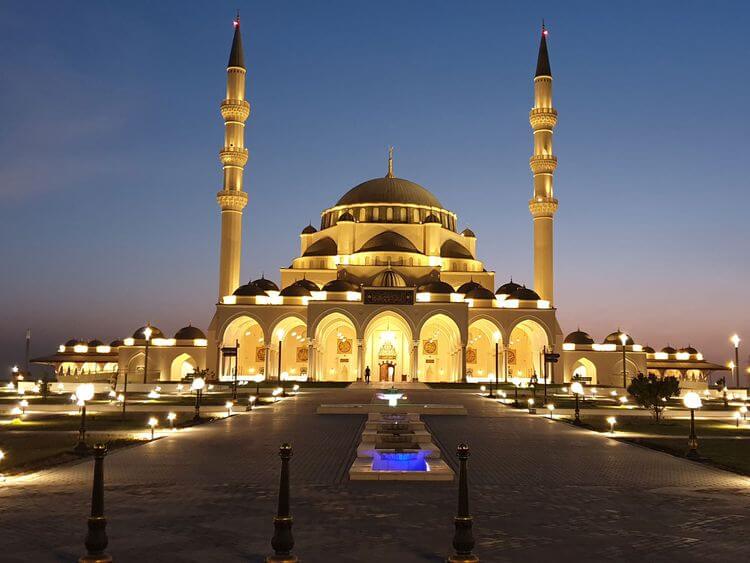
The Islamic New Year is important as it celebrates a crucial historical moment. In the 7th century CE, Muslims in Mecca faced religious persecution due to their beliefs. In response, Prophet Muhammad and his followers embarked on a journey of Hijra. He took refuge in the city that would later be named Medina. In Medina, Muhammad established a Constitution that outlined the rights and responsibilities of Muslims, cementing this event as a crucial milestone in the Muslim faith.
It encompasses more than just the first day of the month of Muharram, which marks the beginning of the Islamic lunar year. The entire month holds sacred significance. For example, Muharram features the dignified occasion of Ashura, the 10th day. It holds importance like Noah’s departure from the Ark and Moses crossing the Red Sea. Additionally, for Shia Muslims, Muharram marks the death anniversary of Muhammad’s grandson, Hussein. This occasion is recognised with mourning ceremonies. Here participants engross in ritual chest-beating. On the contrary, Sunnis view Muharram as a time of introspection and prayer.
The Islamic lunar calendar is approximately 11 or 12 days shorter than the Western solar calendar. This results in a recurring cycle. It gradually shifts Islamic New Year backwards each year. This unique feature allows Muslims to experience similar seasonal conditions and weather events as those mentioned in their sacred texts. It connects them to the historical figures and their experiences.
The Journey of Islamic New Year
The timeline of the Islamic New Year encompasses several significant events:
-
- 622 CE: The Hijra/Migration: Islamic New Year begins with Prophet Muhammad’s and his followers’ migration from Mecca to Medina. It marks the establishment of the first Islamic state. This is considered a landmark event in Muslim history.
- 624 CE: Battle of Badr: The Battle of Badr took place in the second year after the Hijra. This was a crucial win for the Muslims. The war was against a huge Meccan force. It strengthened the position of the Islamic community in Medina.
- 625 CE: Battle of Uhud: This battle occurred the third year after the Hijra. It was an important battle in which the Muslims faced a setback. It emphasised the need for unity and dedication in the time of hardship.
- 627 CE: Battle of the Trench: The Battle of the Trench, also known as the Battle of Ahzab, took place in the fifth year after the Hijra. It was a defensive battle in which the Islamic forces successfully repelled a coalition of tribes surrounding Medina.
- 630 CE: Conquest of Mecca: Mecca was conquered by the Muslim forces in the eighth year after the Hijra. The army was led by Prophet Muhammad. The event marked an important turning point. Here, the Muslims gained control of their birthplace. It is significant as the place was the centre of their faith.
Islamic New Year serves as a reminder of these historical events. People are reminded of its significance in shaping the Islamic community. It is a time for reflection, gratitude, and renewal of faith as Muslims commemorate the struggles and triumphs of the early Muslim community.
A Sacred Commencement: Significance of the Islamic New Year
The Islamic New Year holds significant meaning for Muslims around the world. It symbolises both historical and spiritual importance, reflection, renewal, and a fresh start.
-
- Celebrating the Hijra: The Islamic New Year marks the migration of Prophet Muhammad and his followers from Mecca to Medina. It is also known as the Hijra. This event was a turning point in Islamic history. It laid the foundation for establishing the first Islamic state and marked a crucial moment in spreading the faith.
- Renewal and Reflection: Islamic New Year allows Muslims to reflect on their faith, spirituality, and personal growth. It serves as a time for self-assessment, repentance, and introspection. Muslims reflect on their past actions and strive to improve themselves in the coming year by renewing their commitment to Islamic principles and values.
- Gratitude and Acknowledgement: Islamic New Year encourages Muslims to express gratitude for the blessings and favours bestowed upon them. It is a time to appreciate God’s guidance and mercy and acknowledge His role in one’s life.
- Setting Spiritual Goals: Muslims often use the Islamic New Year to set their spiritual goals. They may make resolutions to deepen their knowledge of the Quran, increase acts of worship, engage in charitable activities, or strive for personal growth in various aspects of their lives.
- Seeking Blessings: Muslims seek blessings and guidance for successive year. They beseech and make prayers for happiness, success, and well-being for themselves, and their families.
- Strengthening Community Bonds: The Islamic New Year brings Muslim communities together as they gather for special prayers, religious lectures, and communal celebrations. It provides an opportunity to foster stronger bonds, and create unity, among believers. It reinforces the sense of belonging to the Muslim community.
Islamic New Year is a time of significance and remembrance. It serves as a reminder of the importance of faith, unity, and personal growth in Muslims’ lives. It is when they honour the past, reflect on the present, and strive for a better future. This is the time to seek guidance and blessings.
Worldwide Celebrations: Islamic New Year 2023 Across the Globe
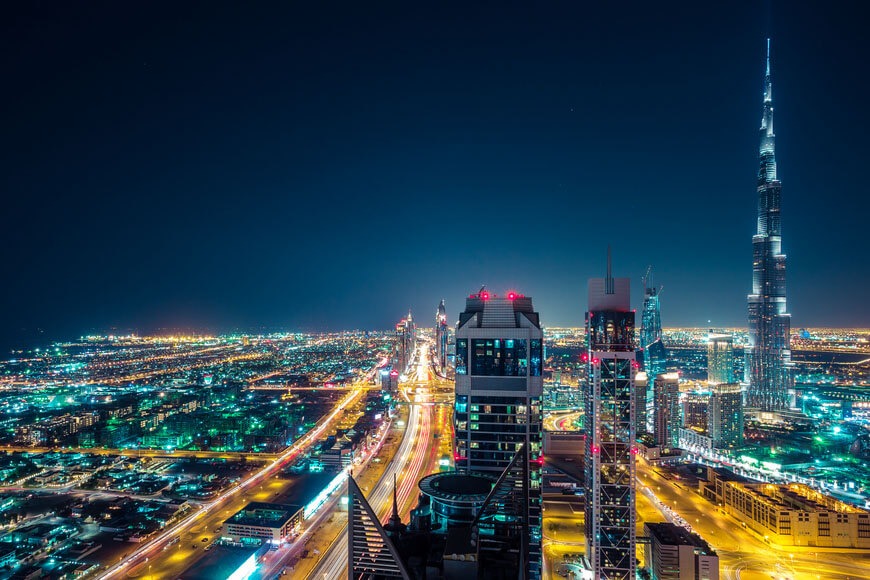
Islamic New Year, also known as Muharram, is celebrated by Muslims worldwide. While customs and traditions may vary across different regions and communities, the occasion holds great significance in marking the beginning of the Islamic lunar calendar. Here is a glimpse of how Islamic New Year is observed in various parts of the world:
-
- South Asia: In countries like India, Afghanistan, Bangladesh and Pakistan, Islamic New Year is observed in a religious sense. They attend congregational prayers at mosques and listen to sermons. It reflects on the significance of the Hijra. Muslims participate in processions and religious gatherings.
- Southeast Asia: Indonesia, Malaysia, and other countries in Southeast Asia celebrate Islamic New Year as a cultural and religious events. People participate in acts of charity, and offer prayers at the mosques. They also participate in processions to express gratitude and seek blessings for the coming year.
- Middle East and North Africa: Countries in the Middle East and North Africa region, such as Saudi Arabia, Egypt, United Arab Emirates (U.A.E.), and Morocco celebrates Islamic New Year with public holidays. They take part in special prayers at mosques, gather with family and friends. During this time, they exchange greetings and good wishes.
- Sub-Saharan Africa: Islamic New Year is commemorated with eagerness in many countries across Sub-Saharan Africa. People engage in special prayers, charitable acts, and spend time with their families. They celebrate it with festive meals and gatherings, where sharing traditional dishes is quite common.
- Western Countries: People following Islam, who reside in Western countries, like the United States, Canada, United Kingdom, and Australia, commemorate Islamic New Year according to their traditions. People engage in special congregational prayers at mosques, and take part in religious discussions. All Muslims gather with friends and family to reflect on the significance of the occasion.
Islamic New Year is a time of reflection, renewal, and gratitude for Muslims worldwide. It is an opportunity to strengthen one’s faith, seek blessings, and embrace the spirit of unity and community. While customs and celebrations may vary, the essence of the Islamic New Year remains consistent, reminding Muslims of their shared heritage and faith across the globe.
How to Observe Islamic New Year?
Islamic New Year invites individuals to reflect on their faith, history, and shared humanity. It is a time to honour the past, seek personal growth, and foster understanding among diverse communities.
-
Shia Muslims : Commemorate the Martyrdom of Imam Hussein
Shia Muslims mourn the tragic passing of Imam Hussein, the grandson of Prophet Muhammad. His martyrdom, which occurred during a month known for its emphasis on peace, is a solemn event. Joining the community at the mosque or taking a moment of reflection to shed a tear for the injustice can be a way to remember and honour his sacrifice.
-
Sunni Muslims : Reflect on Peace and Fresh Beginnings
For Sunnis, Islamic New Year is a time to contemplate peace and embrace new beginnings. Whether at the mosque, with family, or in personal solitude, it is an opportunity to reflect on the essence of the occasion and plan for personal growth in the upcoming year. Remembering the day’s significance can inspire a sense of renewal and hope for the future.
-
Everyone Else : Embrace Common Humanity
Islamic New Year serves as a reminder that all people share commonalities regardless of their background. It allows one to recognize and appreciate the similarities between cultures, religions, and beliefs. Whether approaching the day academically or through personal reflection, it can be a starting point to acknowledge that people worldwide, with various creeds and practices, share fundamental human experiences.
Unveiling Fascinating Insights About the Islamic New Year
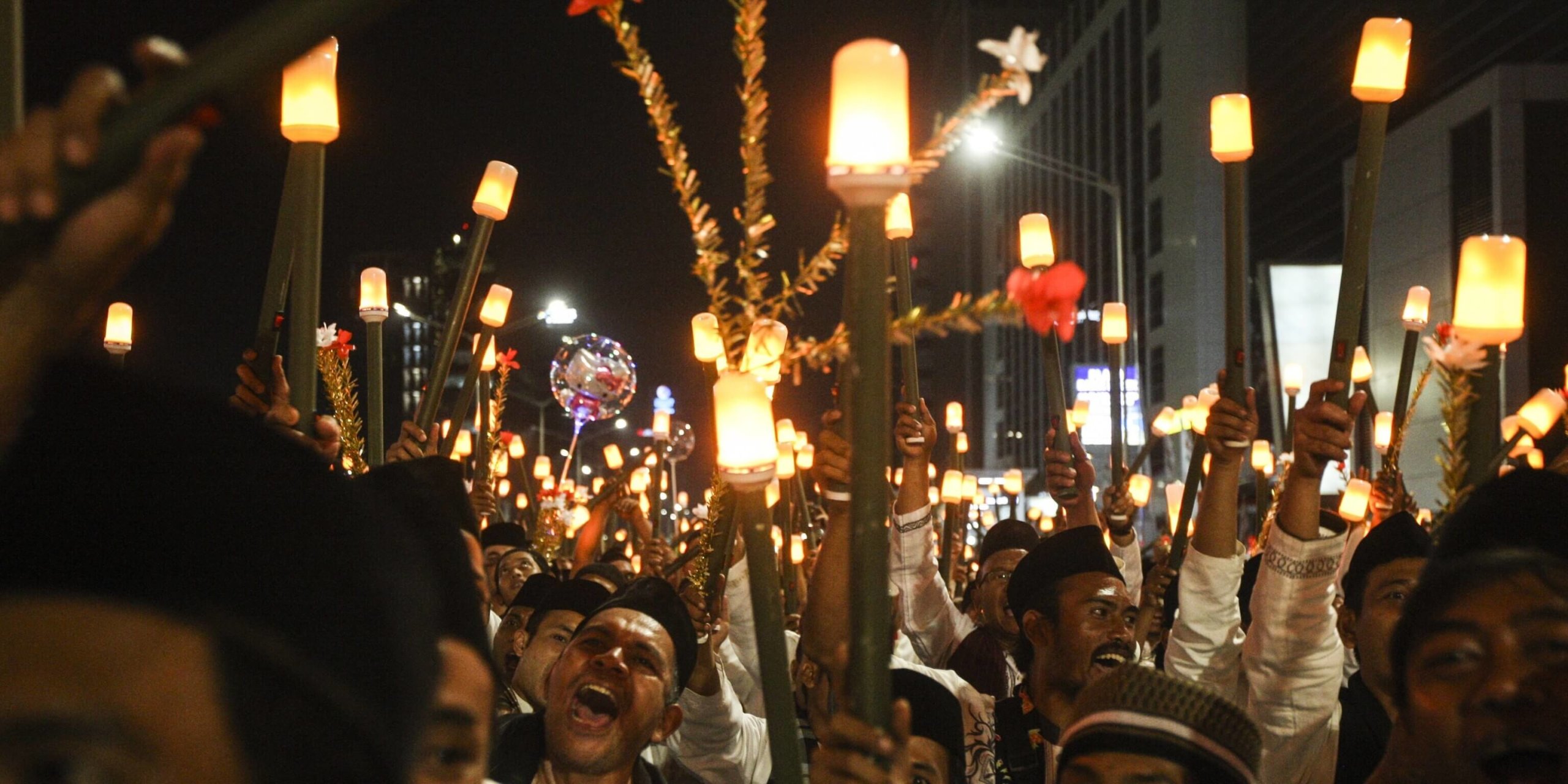
There are anecdotes that reflect the wisdom, compassion, and inclusiveness of Prophet Muhammad’s teachings. They provide valuable insights into matters of faith, human worth, and the transformative power of belief in the Islamic tradition. Let us see some of these amazing stories –
-
An Embrace of Holiness
During a visit to the market, Prophet Muhammad came across his friend Zaher bin Haram selling goods. Muhammad playfully approached him from behind and embraced him. As Zaher realized it was the Prophet, he requested not to be released, seeking the blessings of his touch. In a lighthearted exchange, Muhammad jokingly asked, “Who among my followers will purchase this slave?” Zaher humorously replied, “You wouldn’t get much.” Muhammad, now serious, responded, “In the eyes of Allah, your worth is immeasurable.”
-
A Lesson to Walk By
On another occasion, a villager needing a strong mount asked Prophet Muhammad for a camel. The Prophet offered him a young camel instead. The man, disappointed, questioned the practicality of a camel calf. Muhammad advised, “Every camel starts as a calf, just as every Muslim has potential and worth once they mature.”
-
Age Holds No Barrier
An elderly woman approached Prophet Muhammad, seeking his blessings to enter heaven. Surprisingly, he told her that no old woman would enter paradise. Confused and disheartened, she asked for an explanation. Muhammad replied, “In paradise, all will be rejuvenated and made youthful again, as mentioned in the Quran.”
-
Testimony of Faith
Prophet Muhammad proclaimed, “Anyone who testifies that only Allah is worthy of worship shall enter heaven.” His friend Hazrat Abo Zar expressed disbelief, questioning whether even those who commit illicit acts like adultery and theft would be included. Muhammad affirmed, “Even them.” When the same inquiry was repeated, Muhammad unwaveringly confirmed that anyone who testifies to Allah’s worship would be granted entry to heaven, regardless of past transgressions.
-
A Devoted Follower
Hazrat Anas was known for his attentive listening and contemplation of the Prophet’s teachings. He would discuss them with his family and ponder their deeper meanings. One day, Prophet Muhammad warmly addressed Hazrat Anas, referring to him as “O one with two ears!” This honour bestowed upon Anas highlighted his dedication and commitment to internalizing the lessons imparted by the Prophet.
Importance of Islamic New Year
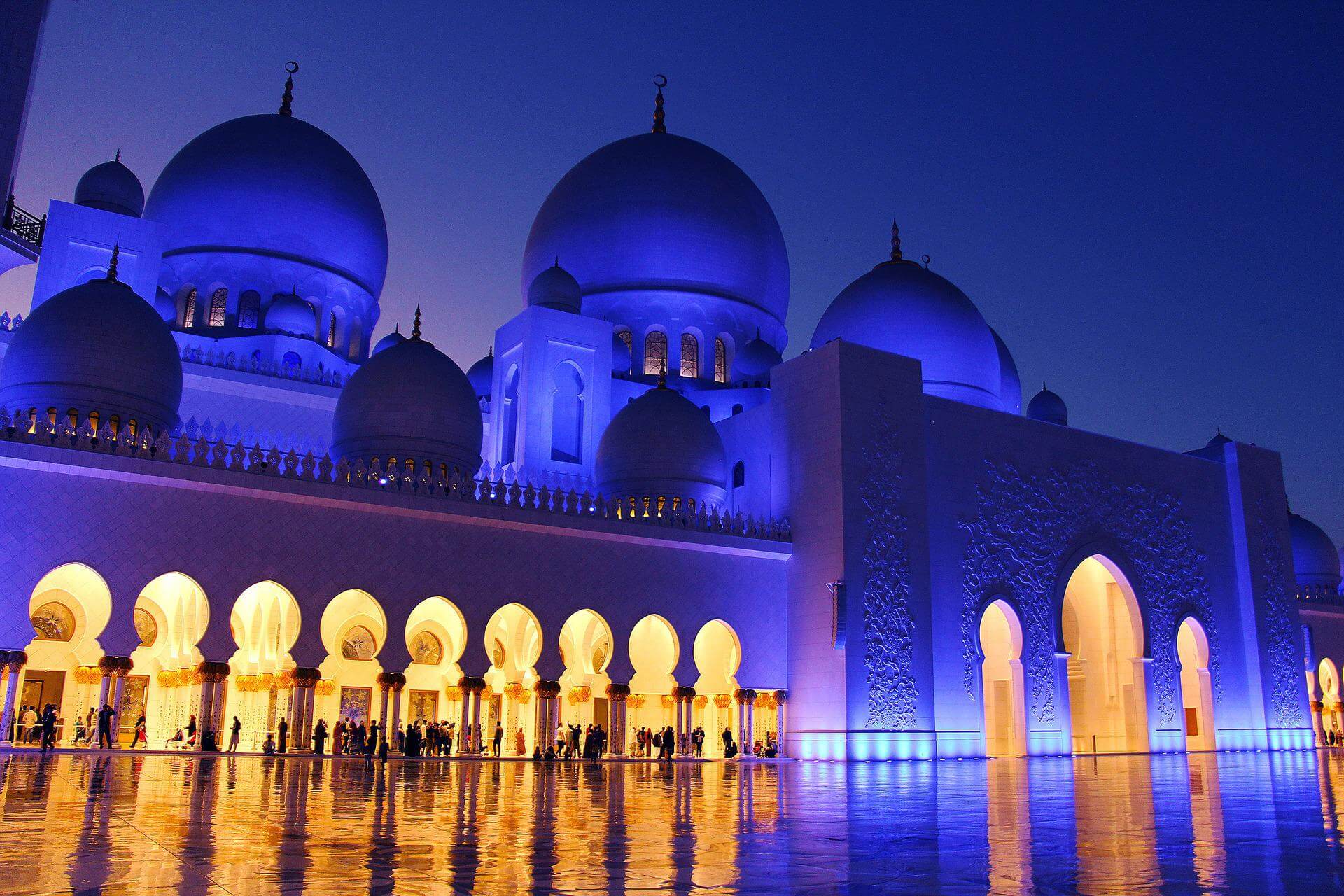
With Muslims constituting more than 25% of the global population, it is likely that approximately a quarter of the world’s inhabitants observe the Islamic New Year. Taking the time to gain a diligent understanding of our Muslim peers and being mindful of a few facts can go a long way in fostering mutual respect and appreciation. Muslim New Year holds great significance as it celebrates the freedom to worship.
Muslim New Year is regarded as a holy time for the faithful. Expressing reverence and embracing a sense of solemnity on this day is a gesture that deserves appreciation from those who observe it. Respect and kindness are universal virtues that should be embraced, as they foster understanding and harmony among diverse communities.
By recognising the significance of the Muslim New Year and engaging in dialogue that promotes understanding, we can strengthen our bonds of friendship and bridge cultural gaps. Through empathy and knowledge, we can foster an atmosphere of inclusivity, respect, and mutual celebration of our diverse traditions and beliefs.
Some Useful Articles for You :
|
Celebrate Father’s Day in UAE |
|
|
8 Famous UAE Traditional Sports |
|
|
Know About Miss World in UAE 2023 |
|
|
Celebration of St. Patrick’s Day 2023 |
|
|
Celebrating Ramadan 2023 in Dubai |
|
|
Celebrate Eid ul Fitr 2023 in Dubai |
Frequently Asked Questions (FAQs)
It is observed as a public holiday in the majority of Islamic countries.
A lot of people eat Zarda rice during Islamic New Year. It is a combination of rice, sugar and saffron and chicken haleem, made from chicken, broken wheat and chana dal, or split chickpeas are some traditional dishes.
The first month of the Islamic year is Muharram, which includes the holy Shia day of Ashura on the 10th. Is the Islamic new year a public holiday?
What do you eat on the Islamic New Year?
What is the first month of the Islamic New Year?

